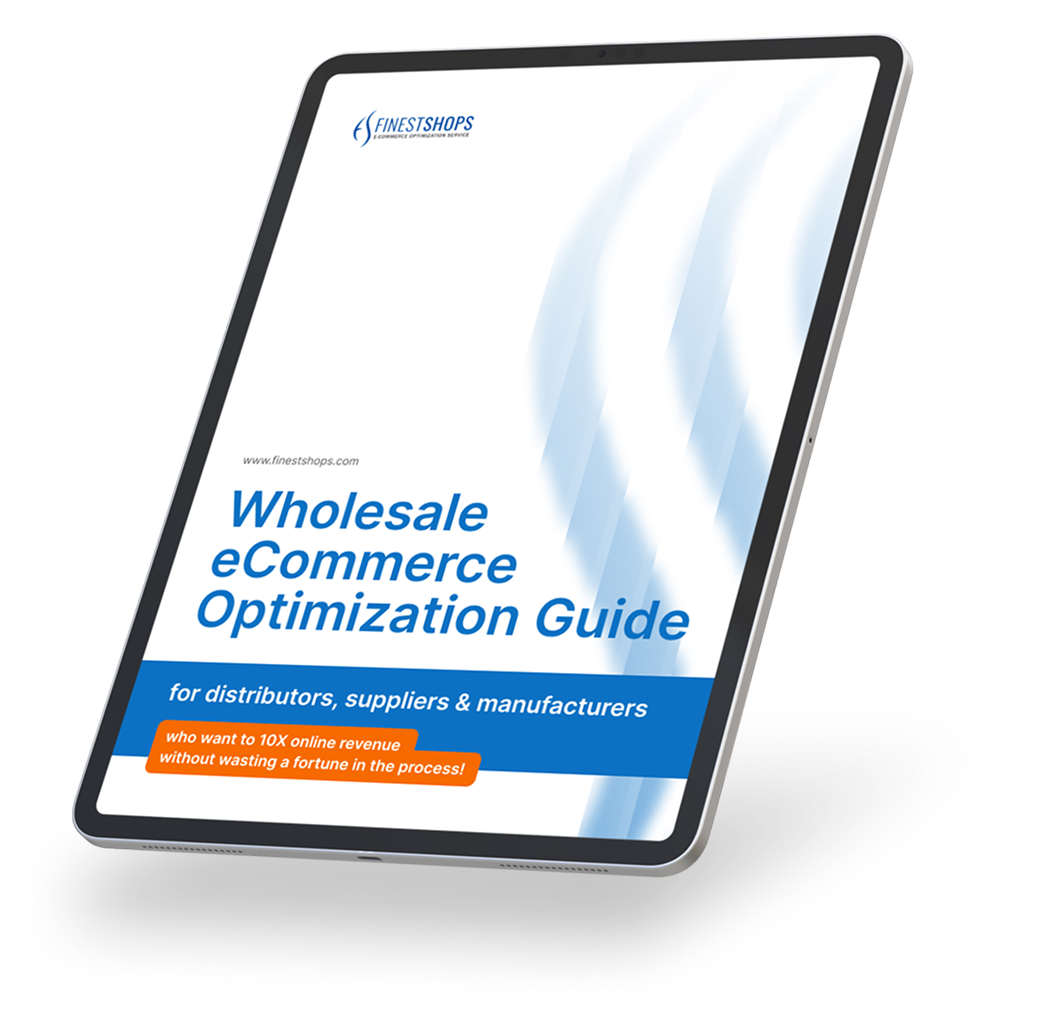 You need to know how to protect your web store. For a business owner, is there anything more terrifying than the idea of having your businesses website being hacked or wiped out entirely one day. You have been working hard to ensure your website is the most updated, modern and has the best marketing strategy – now take some time to make it secure and protected!
You need to know how to protect your web store. For a business owner, is there anything more terrifying than the idea of having your businesses website being hacked or wiped out entirely one day. You have been working hard to ensure your website is the most updated, modern and has the best marketing strategy – now take some time to make it secure and protected!
If you are running your business online for some time already, it is most likely you back up your files regularly (for various reasons). In this article, we are going to discuss the seven actions of how to protect your web store.
How to Protect Your Web Store Step 1: Update the Managed Hosting
One of the things you should start with is a managed hosting update. Ensure you use the latest versions of platforms and scripts. The majority of such tools are open-source software programs (i.e. anyone can easily find the code), which is an opportunity for hackers to take control of your website using security loopholes in the code. Up-to-date software will substantially minimize the risk of being hacked; however, it will not give you a 100% protection.
How to Protect Your Web Store Step 2: Look into security plugins
After you update the platform and scripts, install security plugins available for your platform. For instance, if you use a WordPress – you will choose between several options, like BulletProof Security, Acunetix WP Security Scan or WordFence. If you use another platform – there are similar tools available. All the plugins protect your website addressing the weaknesses of your platform, however the functionality is a bit different, so choose the one that fits the best your website structure.
You can also consider third-party website security solutions. For instance, SiteLock, which monitors and fixes the full range of threats for your business on a daily basis.
How to Protect Your Web Store Step 3: Limit file uploads
Prevent direct access to the uploaded files – they can contain bugs and open the access to your website’s data. The best solution is to store the uploaded files outside the root directory and access them when necessary, using a script. Contact your web hosting company to help you with that.
How to Protect Your Web Store Step 4: Secure passwords
It sounds elementary; however, a simple password is one of the reasons your website can be hacked easily. Make the passwords long and complicated, with the use of upper and lower cases and never save the passwords online (for instance, in your email). Moreover, try to have different passwords for different needs (separate for the website, your email, pages in social networks).
How to Protect Your Web Store Step 5: Use a secured protocol
A secured protocol or SSL (Secure Sockets Layer) is a technology for a safe transfer of users’ personal information (i.e. credit card numbers, social security numbers, other personal data) between a server (website, mail server etc.) and a client (a browser, your database, mail client etc.). Use of this technology will prevent the access to secured information without a proper authority.
How to Protect Your Web Store Step 6: Analyze the traffic
Regular check of the website’s logs (who is visiting your website, at what time, what is the purpose of their visit, i.e. the keywords consumers used to get to your website etc.) will help you to monitor any untypical changes. Any unusual traffic can be the signal of being hacked. Contact your managed hosting company to ensure the traffic flows are within the normal range.
How to Protect Your Web Store Step 7: Lock down the directory
For developer (and hacker) your website is a set of files and folders stored on a web hosting account. Each file is assigned certain permissions controlling the access to read, write and execute the file.
It is obviously that if anyone on the web has an ability to write and execute the file, such file is less secure that the locked down one (when only the owner is assigned a permission code). Undoubtedly, you may have a reason to assign partial permission to certain groups of users; however, you need to consider such reasons and discuss them with a hosting provider.
We hope that the tips we discussed in our article will help you to keep your businesses website and your clients’ information safe. Most of the managed hosting solutions have a great number of inbuilt security features and software, nevertheless, it is always good to have some knowledge of what else can be done to stay on the safe side and what are the most common security exploits.
The best advice here would be: security is one of good investments to your business. It keeps not only your website safe, but also your reputation impeccable, which is even more important. Invest intelligently, use best practices, ask questions, and stay safe.

